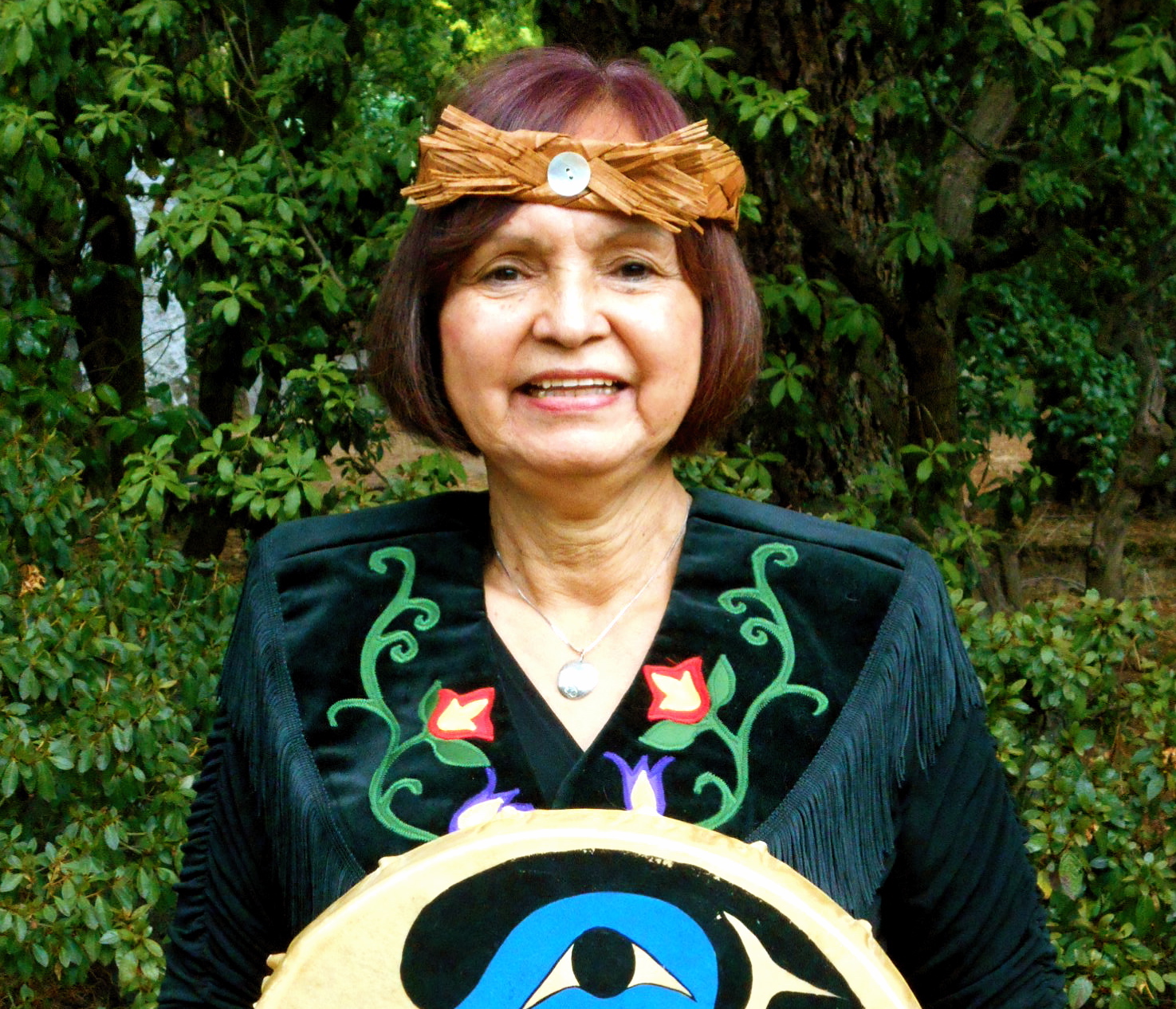Joyce Fossella is the Executive Director of the Warriors Against Violence Society (WAVS), where she co-facilitates group sessions, working with men and women addressing family violence. She is a member of the Lil’wat nation in British Columbia. Terri Brandmueller interviewed her for issue 39.2 “Between Shadows.”
Joyce Fossella is the Executive Director of the Warriors Against Violence Society (WAVS), where she co-facilitates group sessions, working with men and women addressing family violence. She is a member of the Lil’wat nation in British Columbia.
Statistically, Aboriginal women are subject to more abuse than any other group, but WAVS began as a program that focused on emotional healing for men. Why?
Men are responsible for ninety percent of violence against women so it makes sense that we provide programs that focus on decreasing violence against women. WAVS is committed to helping families by providing information, tools, and support to help stop violent behaviours. Most violent men have been victims of trauma, violence, and abuse as well. These behaviours have been passed on to those who are closest to them. The only way they can express pain, hurt, embarrassment, shame or any other emotion is through anger. We offer programs that provide a safe place to learn where their anger comes from. We help them restore the traditional Aboriginal values of honour, respect, and equality.
Tell us about the Family Healing Program.
We meet three nights a week. Monday night is the psycho-educational portion of the program where the participants learn why they are angry and are provided tools to help stop anger escalating to violence. It’s a co-ed session where both male and female participants come together to get information and tools that will help them in their healing journey. The other two sessions are sharing circles where men and women are separated and are given the opportunity to share their experiences, receiving healing and support.
How has your own experience with domestic abuse affected your work with WAVS?
It gives me the drive to help both victims and perpetrators. First as a victim, where I had to get help for myself and heal from the trauma I faced, and secondly, to ensure that the person responsible for the violence is able to take responsibility for unwanted behaviours and can make change. It gives me hope that others are able to make this change and can live a happy, safe life.














